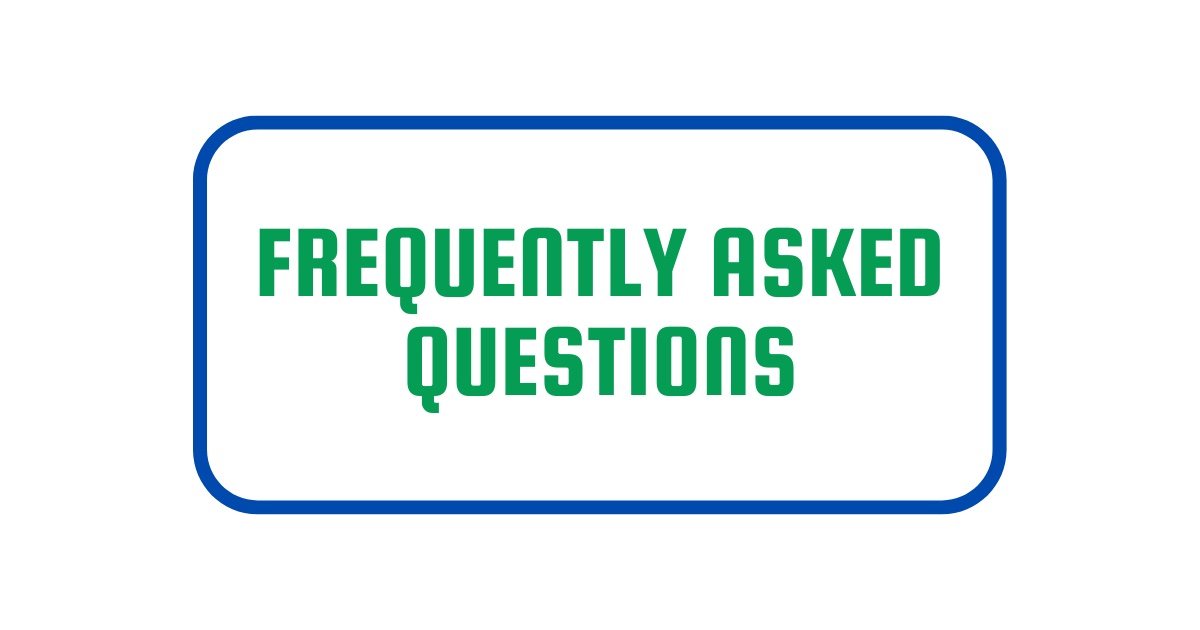
Frequently Asked Questions
What is Cognitive Behavioral Therapy (CBT) ?
Cognitive behavior therapy (CBT), also know as Cognitive Behavioral Therapy, Cognitive Therapy or just CBT, is a highly effective form of psychotherapy. Hundreds of scientific studies have shown CBT’s effectiveness for a host of disorders. Unlike other therapies focused mostly on providing support or examining the past, CBT is focused on present problems in functioning. As a result, it tends to be more time-limited and problem focused. CBT focuses on the way you think and behave in situations and uses this to help you come up with more effective alternatives. CBT teaches skills that you can use for the rest of your life.
Can CBT Help Me with My Problems?
CBT is the single most studied psychotherapy in the world. Study after study has shown its effectiveness with most psychiatric disorders and problems in day-to-day living. It is unlikely that you are facing a problem for which there is not a CBT protocol. From depression to grief, to insomnia, chronic pain, tinnitus and everything in-between, CBT has had trials that show its effectiveness. Rest assured that CBTC faculty has been well trained in all emerging models of CBT. For a list of outcomes of CBT please visit here.
What are Cognitive Behavioral Therapy (CBT) sessions like?
Unlike many other therapies, Cognitive Behavioral Therapy (CBT) sessions are structured, collaborative and interactive. Our goal is to teach you to be your own therapist! The therapist and patient together set an agenda for the session, and problems are addressed in a practical, focused way. With care and compassion, the therapist and patient together look for more adaptive and helpful ways to look at and behave in any situation. New ways of approaching problems are developed in session. Practicing new behaviors and ways of thinking outside of the session is a key component of the treatment. As thinking and behavior change, emotions tend to regulate. At times, emotions themselves will be the target of treatment. Sometimes the situation or problems are going to be slow to change. In this case, mindfulness and acceptance are used to help tolerate things as they are while working towards change.
How Long Does Treatment Last?
It depends on how long standing and difficult to change the problems you are facing are. It generally takes about 18-20 sessions to adequately learn CBT skills with extra sessions to work on specific problem areas. Your therapist will help you develop an individualized treatment plan that accounts for your problems, goals and budget.
Currently, our programs in Beverly Hills, Torrance, and Orange County are accepting adults and adolescents for CBT treatment.
For further information about CBT, visit www.academyofct.org
Can I come in more than once a week?
Depending on the issues you are working on, multiple sessions per week may accelerate your progress or in some cases, slow it down. Your therapist will assess with you whether extra sessions are right for you.
What are the Qualifications of the Therapists?
It is important that you feel connected and comfortable with your therapist. It’s also of the utmost importance to have a therapist that is well trained in the treatment they are providing. Our team of highly trained therapists provide state of the art CBT. Dr. McFarr, the founder, is the president-elect of the Academy of Cognitive Therapy, the certifying board for cognitive therapists. Our therapists are entrusted to train other CBT therapists at the local, national and international levels. They have been invited by UCLA, USC, and UCI to train clinicians in CBT and DBT. CBTC is a highly competitive site for CBT training for clinical psychology doctoral students. Our team and their bios can be seen here. A list of staff publications and presentations can be seen here.
Do you Take Insurance?
We are an out-of-network provider, so we do not take insurance as a direct form of payment. However, many of our clients do get reimbursed by their insurance providers (please check with your company for information regarding rates and reimbursement). Upon request, we are happy to provide monthly statements to submit to insurance, as well as health care spending accounts. In compliance with the No Surprises Act, we provide cost estimates for intake appointments and treatment ahead of time, which can help you understand the up-front costs of treatment.
What are the Fees?
We have a range of fees based on the practitioner and financial need of the patient. Fees range from $100-$450 per session. Reduced fee slots are limited and based on demonstrated financial need. In compliance with the No Surprises Act, we provide incoming and current clients with a good faith estimate of treatment costs. This is an estimate based on presenting problems, treatment plan, and the primary clinician’s fees. All clinicians are either licensed or under the direct supervision of licensed clinicians. Depending on the treatment plan, weekly individual sessions may be all you need. Some problems require a program that includes individual and group therapy. Your therapist will discuss you options with you as part of your treatment plan.
What About Medications?
Some medications enhance CBT while others may hinder your learning. Some patients come to us specifically because they prefer not to be on medications at all whereas some want to make sure that their medication regime won’t be effected by treatment. CBTC clinicians are psychologists, social workers and master’s level clinicians. As such, we do not prescribe medication. However we work closely with your provider to make sure that the treatment complements the medications and vice versa. We are also happy to provide referrals to psychiatrists who work closely with us for consultation.
